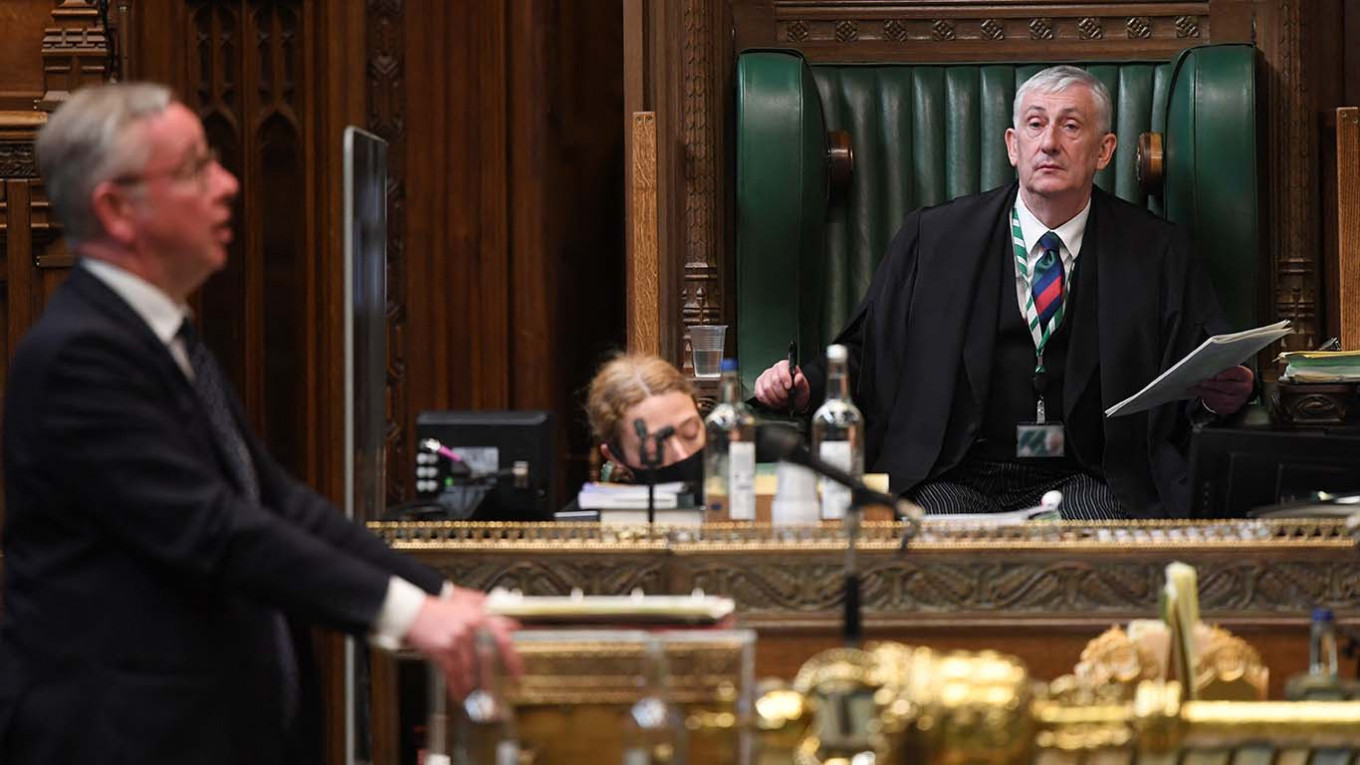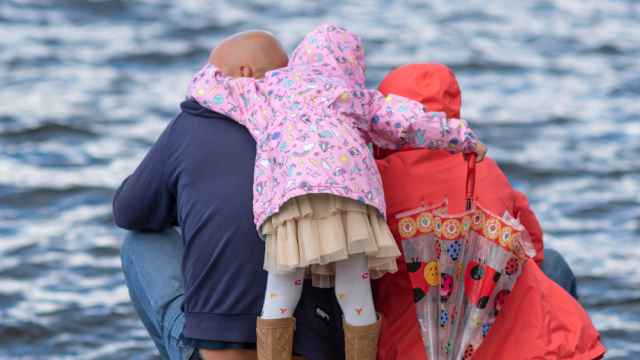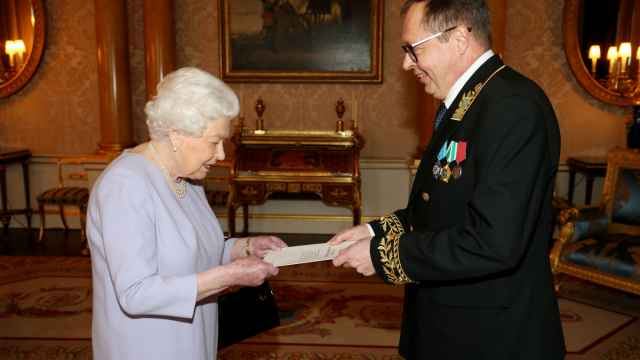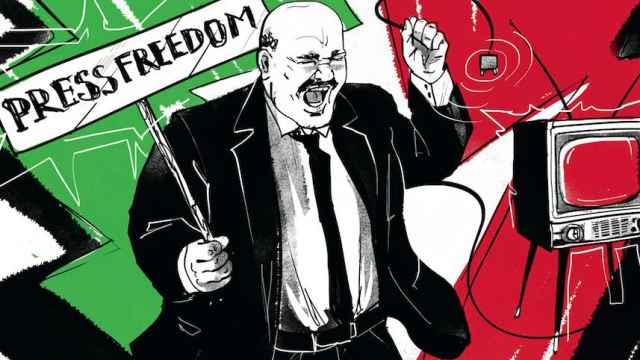Britain announced its first sanctions under a new global anti-corruption regime on Monday, freezing assets and imposing business restrictions on 22 individuals from Russia, South Africa, Sudan and Latin America.
Those sanctioned include 14 people allegedly involved in the diversion of $230 million of Russian state property through a fraudulent tax refund scheme uncovered by lawyer Sergei Magnitsky.
Ajay, Atul and Rajesh Gupta and their associate Salim Essa were also placed on the list over a corruption scandal under South Africa's former president Jacob Zuma.
Sudanese businessman Ashraf Seed Ahmed Hussein Ali — known as "Al Cardinal" — is also on the list for allegedly misappropriating state assets in impoverished Sudan in league with elites in neighboring South Sudan.
Foreign Secretary Dominic Raab said the ban also included several individuals suspected of being involved in serious corruption in Honduras, Nicaragua and Guatemala, including facilitating bribes to drug cartels.
"Corruption has a corrosive effect as it slows development, drains the wealth of poorer nations and keeps their people trapped in poverty," Raab told parliament.
"It poisons the well of democracy. The individuals we have sanctioned today have been involved in some of the most notorious corruption cases around the world."
Britain previously followed the European Union's sanctions regime but since leaving the bloc in January last year has struck out alone with its own policy.
The U.S. Treasury department welcomed London's move, which closely mirrors similar restrictions in Washington and also by the Canadian government.
The policy follows on from Britain's human rights sanctions regime which began last year and was named in honor of Magnitsky, who died in a Russian jail in 2009 after being arrested while investigating the large-scale tax fraud.
A total of 78 individuals and entities are on the human rights sanctions list, including from Russia, Saudi Arabia, Venezuela, Pakistan, Myanmar, North Korea, Belarus and Gambia.
The global anti-corruption sanctions are designed to prevent Britain from being a safe haven for illicit funds and money laundering.
Raab said the new regime will allow the country to target graft, in particular bribery and misappropriation, and promote better governance, the rule of law and stronger democratic institutions.
A Message from The Moscow Times:
Dear readers,
We are facing unprecedented challenges. Russia's Prosecutor General's Office has designated The Moscow Times as an "undesirable" organization, criminalizing our work and putting our staff at risk of prosecution. This follows our earlier unjust labeling as a "foreign agent."
These actions are direct attempts to silence independent journalism in Russia. The authorities claim our work "discredits the decisions of the Russian leadership." We see things differently: we strive to provide accurate, unbiased reporting on Russia.
We, the journalists of The Moscow Times, refuse to be silenced. But to continue our work, we need your help.
Your support, no matter how small, makes a world of difference. If you can, please support us monthly starting from just $2. It's quick to set up, and every contribution makes a significant impact.
By supporting The Moscow Times, you're defending open, independent journalism in the face of repression. Thank you for standing with us.
Remind me later.






